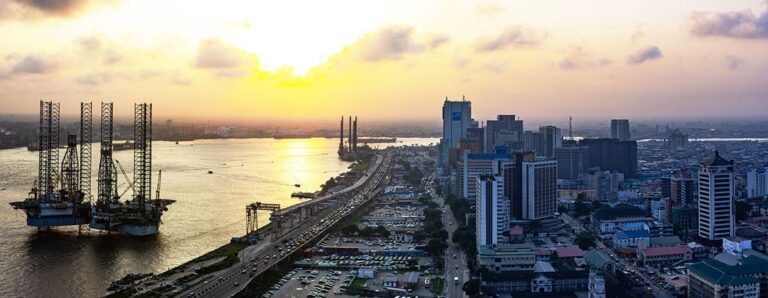Nigeria’s export sector faces significant challenges, with high interest rates on loans and poor infrastructure being major obstacles for entrepreneurs looking to compete in global markets.
Financial Barriers to Export Growth
According to Mrs. Aminat Animashaun, Treasurer of the Oyo State Shippers Association, expensive credit facilities make it difficult for businesses to finance production for export.
“If the government can reduce high interest rates, the cost of locally made goods will decrease. This will make Nigerian products more competitive in pricing while maintaining or exceeding imported goods in quality,” she said in an interview with the News Agency of Nigeria (NAN).
She called for single-digit interest rate loans to ease financial burdens on exporters and encourage more participation in international trade.
Infrastructure Deficiencies: A Major Setback
Beyond financing issues, Nigeria’s unreliable electricity supply, poor road networks, and high logistics costs further hinder export growth.
Animashaun, who is also the CEO of De’rayo Vocational Limited, emphasized that better infrastructure would lower production costs, improve delivery efficiency, and enhance Nigeria’s global trade competitiveness.
She urged the government to:
Invest in road networks for smoother transportation.
Ensure stable power supply to reduce reliance on costly alternatives.
Lower trade certification and logistics fees to ease export burdens.
Establish trade houses in foreign countries to promote Nigerian goods internationally.
“By addressing these challenges, exporters will be better positioned to compete globally and contribute to Nigeria’s economic growth,” she stated.
Weak Manufacturing Sector Performance
Despite some improvements, Nigeria’s manufacturing sector continues to struggle:
Low contribution to GDP – Manufacturing accounted for 8.07% of real GDP in Q4 2024, a decline from 8.23% in Q4 2023.
Weak growth – The sector’s real GDP growth was 1.79%, slightly up from 1.38% in the previous quarter but still insufficient for significant economic impact.
Exports increased but remain low – Manufactured goods exports rose by 66% from N778.44bn in 2023 to N2.28tn in 2024, yet experts believe this is still inadequate.
The Manufacturers Association of Nigeria (MAN) has also raised concerns, noting that growth is limited to a few sub-sectors, while economic instability and currency volatility continue to erode profit margins and export revenues.
Calls for Government Intervention
Experts and industry leaders, including the Lagos Chamber of Commerce and Industry (LCCI) and Afreximbank, have urged the Nigerian government to:
✔ Develop a national industrialization strategy to boost local manufacturing.
✔ Increase investment in infrastructure and production capacity.
✔ Stabilize economic policies to reduce risks for exporters.
Without decisive action, Nigeria risks falling further behind in the global trade arena. However, with the right policies and investments, the country’s exporters could thrive, create jobs, and drive economic transformation.

